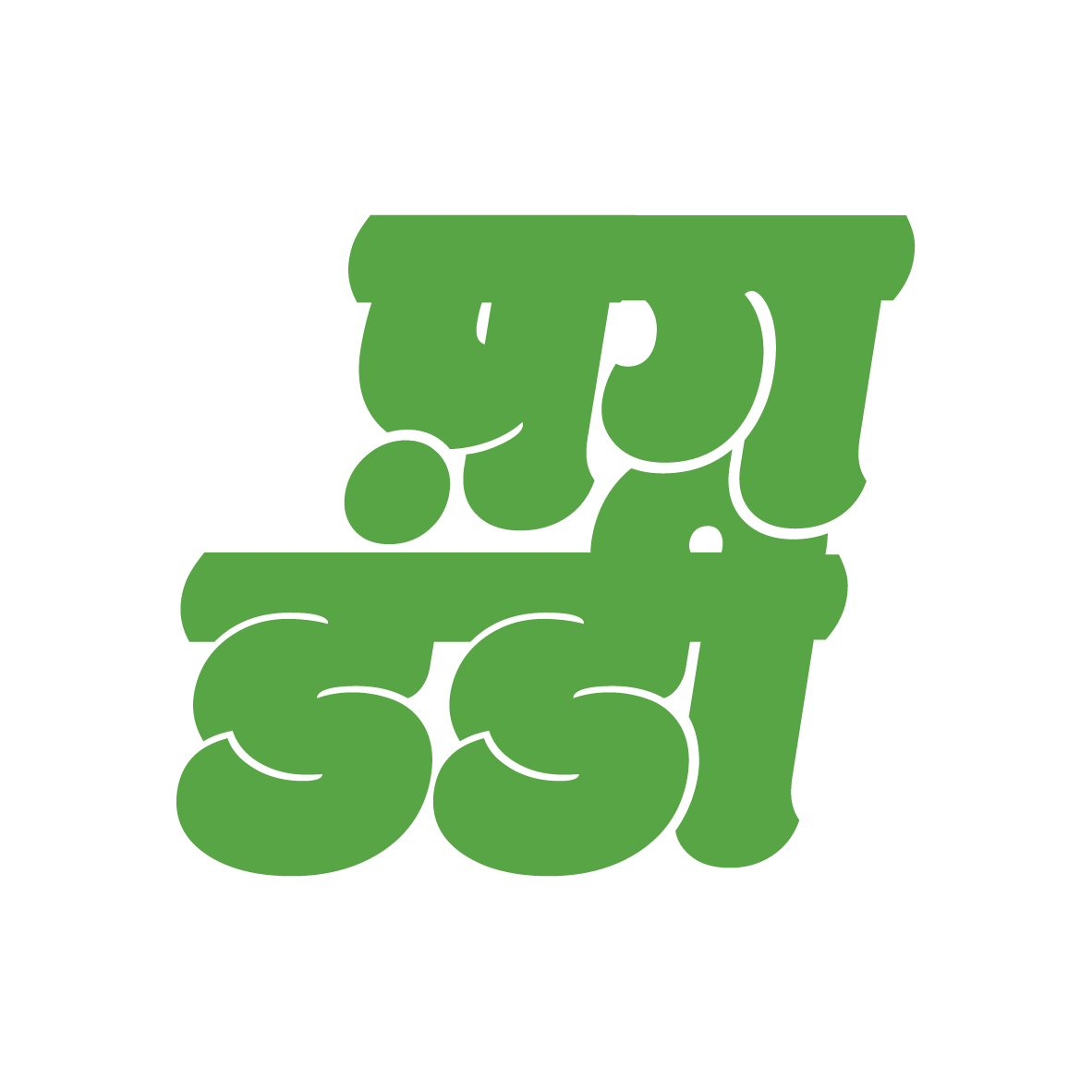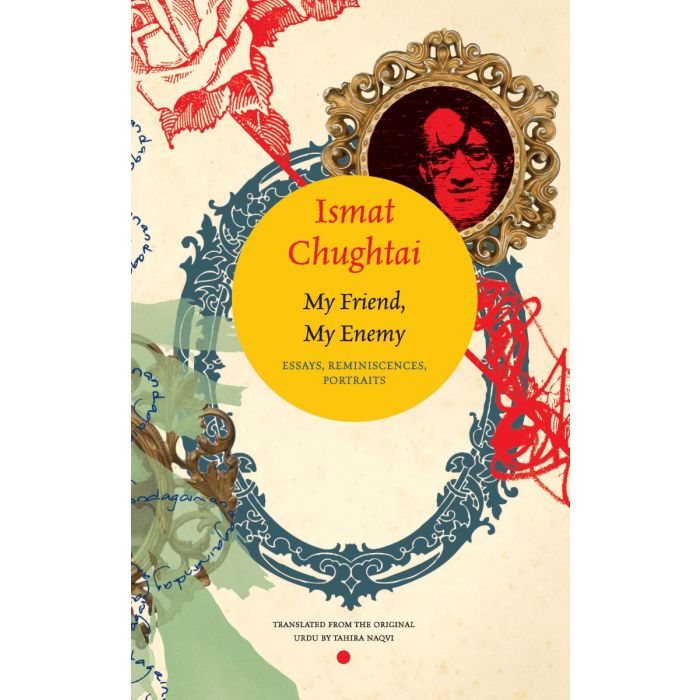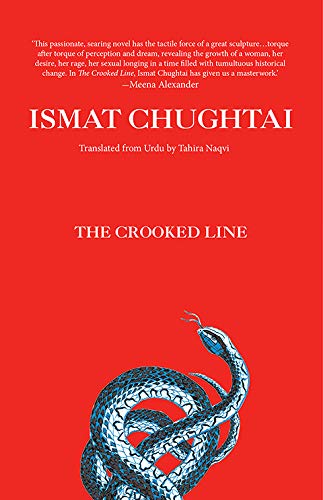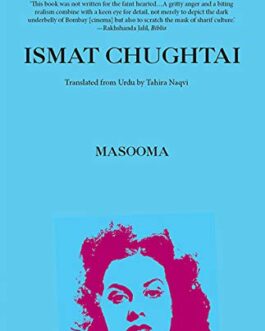The Crooked Line – Ismat Chughtai ; Translated by Tahira Naqvi
₹499.00
This masterpiece by one of India’s foremost woman writers is also one of the most celebrated works of Urdu fiction.
‘[chughtai] wrote with an authenticity no male writer could have matched. She brought into the ambit of Urdu fiction The hitherto forbidden terrain of female sexuality more than one way, she changed the complexion of Urdu fiction.’— Mushirul Hasan, Outlook
Out of stock
Description
The youngest in a large but indifferent family, Shaman is a lonely child who convinces herself that she is unlovable. Her adolescent fears and desires mutate and mature as she grows from childhood to womanhood. From unruly child to diffident student leader, then idealistic school principal and finally bitter wife to an Irish Army Captain with whom she—a staunch nationalist—is fundamentally incompatible. Although able to form some deep friendships, Shaman’s sexual and romantic passion remains unfulfilled, deeply impacting her sense of self.
The social mirrors the personal and as her beloved Hindustan struggles towards self-reliance and a new identity in the burgeoning Independence movement, so Shaman too gropes for some unifying narrative that will help her make sense of an unhappy life.
In The Crooked Line, Ismat Chughtai reveals the core of the female psyche. She exposes all. Shaman’s story, nuanced with extraordinary psychological detail, is a ringing triumph of Urdu literature.
About the Author
Additional information
| Weight | 0.49 kg |
|---|






